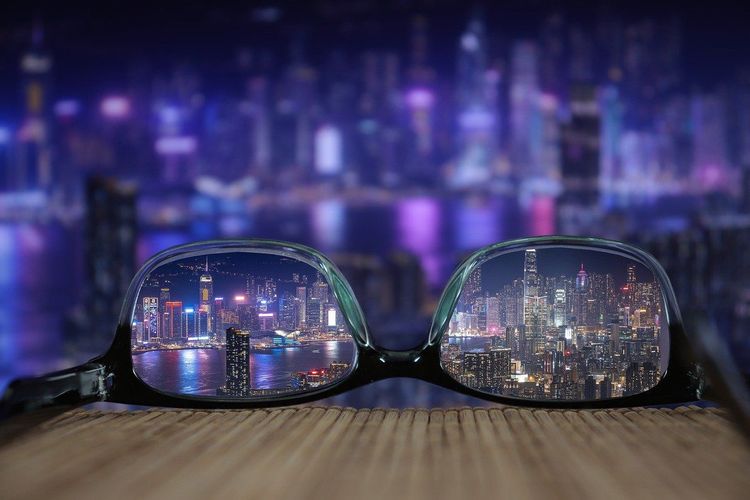Recently, the World Economic Forum unveiled a new list of "Lighthouse Factories," adding 22 innovative companies to the Global Lighthouse Network. Notably, two prominent manufacturers from Foshan, Midea Group and Hisense, have once again made the cut. Midea, already recognized for its multiple Lighthouse Factories, earned the title of "Sustainable Lighthouse Factory" for its washing machine manufacturing facility in Hefei. Meanwhile, Hisense’s Qingdao factory was included as a global Lighthouse Factory, showcasing its commitment to smart manufacturing and digital transformation.
Lighthouse Factories are celebrated as the world's most advanced factories and exemplars of Industry 4.0 innovation. The recent recognition of these two Foshan companies highlights their achievements in intelligent manufacturing, digital transformation, and sustainable development.
What Defines a "Sustainable Lighthouse Factory"?
The Hefei factory of Midea is distinguished as a top-tier manufacturer of washing machines. It has implemented 24 cases of Fourth Industrial Revolution technologies to reduce emissions and optimize energy usage. Since its establishment in May 2007, the factory has operated 11 production lines, with an annual capacity of 16 million units, making it the largest comprehensive washing machine manufacturing base in China.
A key innovation at this factory is its "Sustainable Development Platform," which allows real-time visibility of carbon emissions throughout the product's lifecycle—from manufacturing to transportation—effectively tracking the carbon footprint of each washing machine produced.
Artificial intelligence plays a crucial role in this facility. According to Midea Group's Vice President and Chief Digital Officer, Zhang Xiaoyi, AI is utilized extensively across the entire production process, covering 457 scenarios. Advanced algorithms and a cloud-based AI platform have significantly reduced sample collection and training times, cutting development cycles by 25% and energy consumption by 37.6%.
The World’s First Multi-Split Air Conditioning Lighthouse Factory
Hisense has also achieved distinction with its Qingdao factory, which has been recognized as the world’s first multi-split air conditioning Lighthouse Factory. Visitors can witness a variety of innovative production processes enabled by smart technologies.
For instance, the factory has pioneered an automated production line for evaporators and condensers—critical components of air conditioning systems—where industry automation rates typically hover around 30%. Hisense has developed the first fully automated workshop for these components, integrating visual systems and algorithmic corrections with robot-assisted production capabilities.
Additionally, the factory has introduced an aerial logistics system, utilizing "overhead cranes" to enhance logistical efficiency in the air conditioning sector—a first of its kind.
Hisense’s designation as a Lighthouse Factory underscores the stringent requirements for automation, digitalization, and innovation. With an advanced production system and effective management practices, Hisense stood out in a competitive selection process that saw a mere 5% first-round success rate and only 40% in subsequent rounds among Chinese candidates.
Elevating Manufacturing Standards in the Appliance Industry
As champions of advanced manufacturing in China, appliance manufacturers are increasingly investing in digital and intelligent enhancements at the manufacturing level. They are not only upgrading their production processes but also adopting smart technologies to boost sustainability in energy use, logistics, and overall operations, moving toward a goal of carbon neutrality.
For example, Midea's various divisions have developed comprehensive solutions tailored to improve green transformation across factory processes. Initiatives like the carbon footprint management platform and intelligent microgrid systems highlight their commitment to environmental responsibility. Furthermore, partnerships with companies specializing in smart logistics and automation, such as KUKA Robotics, are driving efficiencies and digital transformation within their factories.
Through these advancements, foreseen collaborations are reshaping the landscape of modern manufacturing, establishing a pathway toward greener, smarter production.







